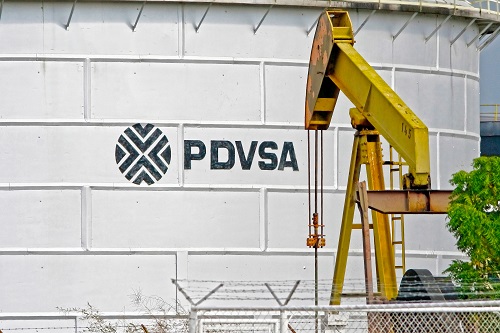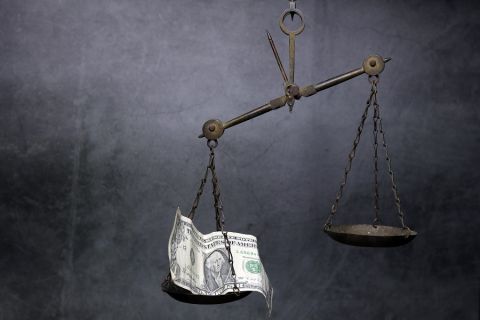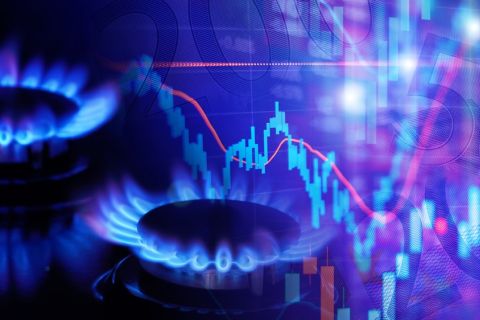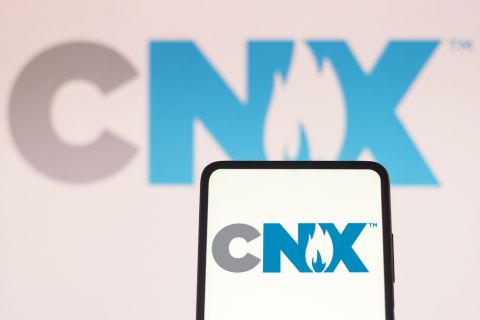Venezuela has been subject to U.S. sanctions since 2006. Sanctions have remained through both Republican and Democratic administrations and have increased in severity since first imposed.

In 2022, the Biden administration’s Department of the Treasury issued a general license allowing Chevron Corp. to operate and manage its joint ventures (JV) with Venezuelan national oil company Petróleos de Venezuela S.A. (PdVSA). These steps have led to speculation about further lessening, or even removal, of Venezuelan sanctions. A look at the history of Venezuelan sanctions, the scope of current sanctions and the Biden administration’s announcements related to the sanctions indicate full sanction removal is unlikely. Changes in Venezuelan regime behavior are probably necessary for any significant further loosening.
In 2006, the Bush administration’s Secretary of State, Condoleezza Rice, made a determination that Venezuela was not cooperating fully with U.S. anti-terrorism efforts. This resulted in a ban on U.S. commercial arms sales. Also starting with the Bush administration, Venezuela has been designated as a country that has demonstrably failed to keep its obligations under international narcotics agreements.
In 2014, Congress passed legislation requiring the president to impose sanctions on individuals responsible for serious human rights abuses. In 2015, the Obama administration placed sanctions on several Venezuelan officials.
The Trump administration imposed more severe sanctions. Notably, in 2019, PdSVA became subject to sanctions. Generally, U.S. companies and individuals are prohibited from engaging in transactions with PdVSA.
Current Venezuelan Oil Minister Tareck al Aissami is one of several Venezuelans designated as a “Specially Designated Narcotics Trafficker.” He has been indicted by two U.S. grand juries, and the U.S. has offered a reward of up to $10 million for information leading to his arrest and/or conviction. In classic bureaucratic understatement, the Congressional Research Service reports: “Should Al Aissami remain in that position, it could complicate efforts to lift oil sanctions.”
The Venezuela government continues to be subject to severe U.S. sanctions. Transactions with the Venezuelan government, including government-owned companies such as PdVSA, remain generally prohibited.
Chevron’s limited license to extract
The Treasury Department has issued several general licenses to allow transactions within a limited scope. Most of the general licenses relate to financial transactions, humanitarian assistance and ensuring the sanctions do not overly disrupt transportation and communication infrastructure.
In 2022, after the Maduro regime announced it was returning to negotiations with the opposition, the Treasury issued a general license allowing Chevron to resume business in Venezuela.
The Treasury’s press release accompanying the general license cited certain agreements to provide humanitarian and essential services for the Venezuelan people and resumption of talks focused on having free elections in 2024 as evidence of the regime’s possible improvement. However, the press release said the general license only allowed for “limited natural resource extraction operations in Venezuela.”

The general license 1) prevents PdVSA from receiving profits from Chevron’s oil sales, 2) only authorizes activity related to Chevron’s joint ventures (JV) in Venezuela and 3) does not authorize any other activity with PdVSA. The Office of Foreign Assets Control guidance indicates U.S. companies and individuals can provide certain goods and services to support Chevron’s authorized efforts, including: the production and lifting of petroleum or petroleum products produced by Chevron’s JVs; related maintenance, repair or servicing of Chevron’s JVs; sale of petroleum or petroleum products to the U.S. produced by Chevron’s JVs (provided that the petroleum and petroleum products produced by the JVs are first sold to Chevron); the procurement and import into Venezuela of goods or other inputs for authorized activities; and the processing of payments by U.S. financial institutions related to these activities. Transactions with PdVSA not related to Chevron’s efforts or another general license remain illegal.
The Biden administration has stated that maintaining Chevron’s general license (which is valid for only six months unless extended) and further loosening of sanctions will depend on the progress of the Maduro regime toward the peaceful restoration of democracy.
Democratic reforms lag
Venezuelan sanctions have had wide bipartisan support through multiple Republican and Democratic administrations. The Biden administration has been careful to note the limited nature of the Chevron license and continued illegality of doing business with Venezuela, including PdVSA.
Current sanctions remain broad and severe. The few positive steps the Maduro regime made in 2022 have not resulted in noticeable structural changes thus far in 2023.
Until this administration, or the next, sees noticeable positive changes, especially toward free and fair elections and removing those viewed as criminals from senior government posts, current sanctions will remain. Due to the regime’s history of using energy assets and profits for corrupt and illegal activities, transactions involving U.S. energy companies will largely remain limited to the Chevron license, which itself may not last through 2023.
James Smith’s law practice is principally focused on environmental, safety, and regulatory matters. He is a shareholder based in the Houston office of Crain Caton & Smith.
Recommended Reading
Commentary: Are Renewable Incentives Degrading Powergen Reliability?
2024-02-01 - A Vistra Corp. chief, ERCOT’s vice chairman and a private investor talk about what’s really happening on the U.S. grid, and it’s not just a Texas thing.
Rystad Sees Little Support for Henry Hub in Coming Weeks
2024-01-26 - Rystad Energy sees little support for Henry Hub prices in the U.S. as dry gas production rises after the Jan. 17 Arctic freeze that impacted all of the Lower 48 states.
Turning Down the Volumes: EQT Latest E&P to Retreat from Painful NatGas Prices
2024-03-05 - Despite moves by EQT, Chesapeake and other gassy E&Ps, natural gas prices will likely remain in a funk for at least the next quarter, analysts said.
CNX Joins Crowd of Companies Cutting Back NatGas Production
2024-03-12 - Appalachian gas producer CNX Resources is reducing natural gas production in 2024 and announced delays for well completions on three shale pads.
US Natgas Prices Hit 5-week High on Rising Feedgas to Freeport LNG, Output Drop
2024-04-10 - U.S. natural gas futures climbed to a five-week high on April 10 on an increase in feedgas to the Freeport LNG export plant and a drop in output as pipeline maintenance trapped gas in Texas.




